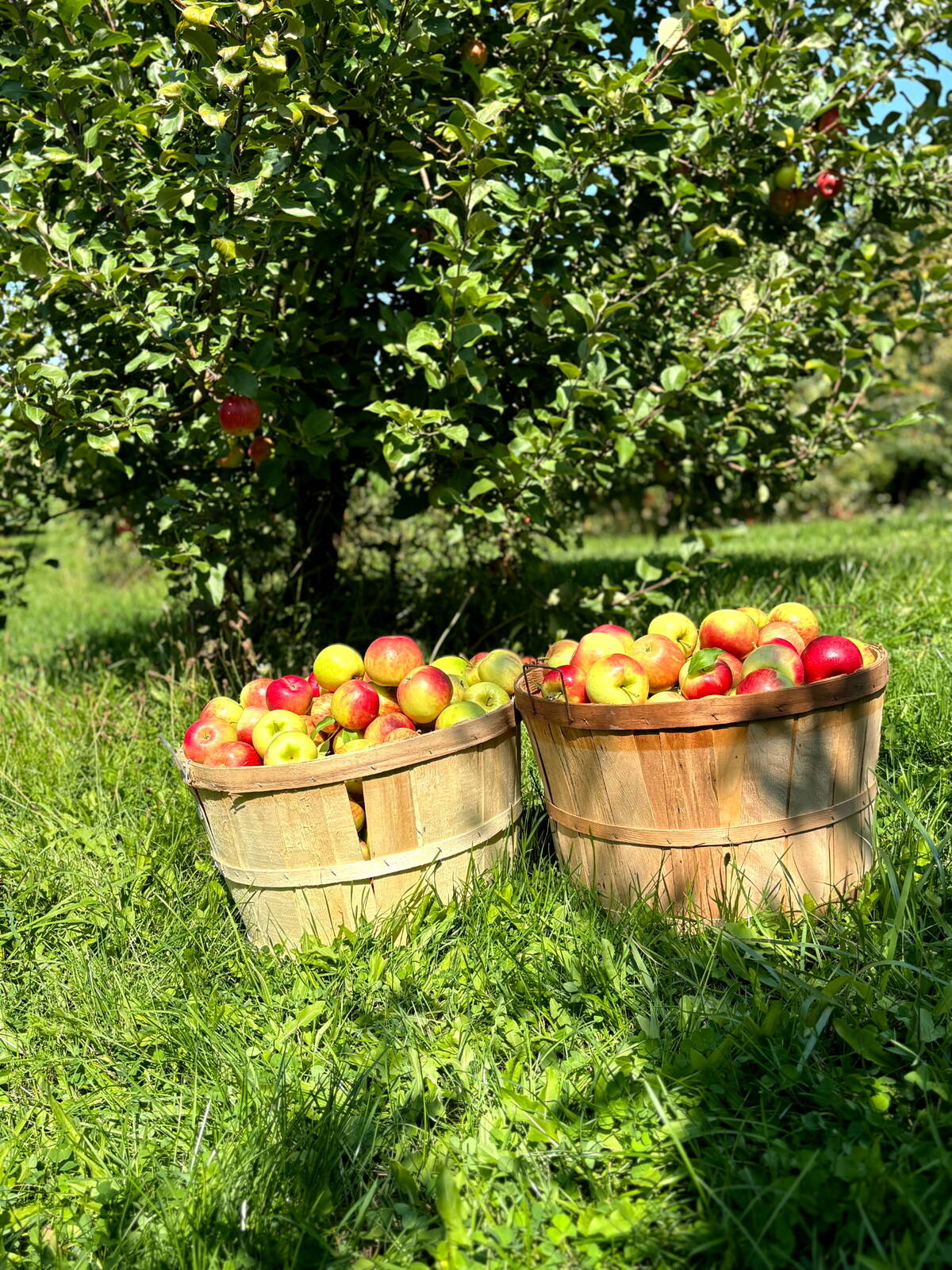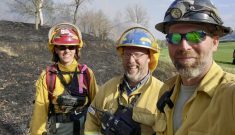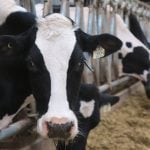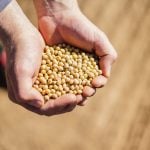We’re living through a second time of disruption in our sector since the introduction of the tractor.
We’re watching our tractors now drive themselves, our cows be milked by robots and our meat grown in labs. In short, we’re being replaced by robots and artificial intelligence in a very slow, but steady way. If there was ever a time to ask any question and the most obvious, ‘Why have we done things this way,’ the time to find the answers is now.
I suspect how we’re feeling about this time of disruption is how our great grandfathers and great grandmothers felt when they adapted from horse and plow to tractor. On most days, it was probably hard to understand and scary as hell, as it is for many now.
Read Also

Farmers taking to social media to spread the word about the cost of farm thefts
A rash of farm thefts in Ontario have left farmers looking for new ways to help customers understand the cost of stealing goods.
I believe many of us in our industry know why we need to change. The recent USMCA trade deal, Canada’s recently updated food guide, leadership changes within our commodity organizations and the rise of plant-based diets, have been the culmination of myriad current events that have been a wakeup for our industry as to why we need to adapt to change and adapt quicker than we’d like.
We know ‘why’ we’re facing the disruption we are and why we need to be more open to change an industry.
But it’s the ‘how’ we need to focus on. How are we going to embrace the ‘transformational disruption’ we’re living through?
In speaking with my fellow millennial innovators, idea curators, colleagues and friends, and even those peers and mentors who are rich in the age and experience department, we’ve all agreed that if there was ever a time to address the disruption and ask the burning questions we need to address, the time is now.
It’s why I believe our industry needs its very own ‘Jerry Maguire Manifesto’ moment, as I recently called it on Twitter. For those who remember the iconic movie played by Tom Cruise (does “Show Me The Money” ring a bell?), Jerry Maguire, played by Cruise, writes the manifesto that is at first applauded by his sports agency colleagues, telling them they need to do things differently… and then the manifesto ultimately gets him fired.
That’s beside the point.
The point is, does Canada’s agri-food sector need our very own ‘Jerry Maguire Manifesto?’ Do we need this moment for our industry to realize the time is now to work collectively together to address the burning issues that have led us to the predicament we’re in? Take these 10 questions as an example of topics and issues we could begin to address and tackle together:
1. Mindset: How are we going to change consumer perceptions about agri-food if we haven’t taken the most critically important step first, to see ourselves differently as an industry?
2. Rebrand: To that end, should we rebrand our industry so consumers hear from one, credible voice as to what we do to grow, make and harvest their food, in a very simple, easy-to-understand way for the consumer?
3. The changing consumer: How are we going to communicate differently to a consumer who wants to be communicated to like never before and on various platforms? Are we going to use our marketing dollars more efficiently? What will the future role of commodity organizations be in marketing our commodities to the consumer?
4. Social media: How do we embrace social media in a well-trained and co-ordinated effort so we can effectively communicate out to our industry members and farmers while communicating externally to consumers at the same time?
5. Efficiencies: How are we going to manage downsizing and efficiencies internally as an industry? How are we going to ask ourselves to change the way we’re doing business and not just do business ‘ because we’ve always done it that way?’
6. Effectiveness: How will we use and spend our dollars more wisely to put a ‘cost of doing business’ lens on everything? Do we need four of the same conferences if they are all serving the same purpose and same audience now that farmers are diversifying?
7. Change: How will we be prepared when we see a number of organizations whose purpose is irrelevant, cease to exist in our industry? Will we strategically plan 100 years out like Coca Cola does, so we can be ready to adapt to change at any given moment because we’ve predicted or forecasted the apparent change ahead?
8. Diversity: How will we embrace diversity as an industry to include more women, ethnic minorities, the LGBTQ and transgender community and those who don’t hail from an agriculture upbringing, people we so desperately need for the future viability of our industry to fill the 1 in 8 jobs needed to sustain agri-food?
9. Leadership: How will we embrace other leadership training platforms so we can talk to and learn from leaders outside of agri-food? (This would do two things at once and serve a dual purpose: learn from other industry leaders while promoting what we do in agri-food!)
10. Purpose: How will we realize that the consumer is ultimately ‘driving the bus’ in everything we do? Whether it be a single consumer, a segment of consumers or a country who buys from us, we should be happy to serve that customer in the way(s) they want to be served. If we change our way of thinking to ‘always put the consumer first,’ will this help us see the consumer is not the enemy?It will help us realize that they in fact keep us all in business.
I realize some of these questions may make us uncomfortable. I think that is the point of the disruptive time we’re living in. The saying ‘Get Comfortable with the Uncomfortable’ will/is our new norm.
Will I be the person, or part of the group, that writes the manifesto that addresses what Canada’s agri-food sector needs to do to create the future we want for our sector?
Maybe.
But, unlike Jerry Maguire, no one can fire me, I work for myself.
Christina Crowley-Arklie works in social media in agri-food, is the digital media strategist and founder behind Crowley + Arklie Strategy & Co., is a former political staffer, dairy farmer’s daughter and has spent her life in agriculture. Twitter: @CrowleyArklie












